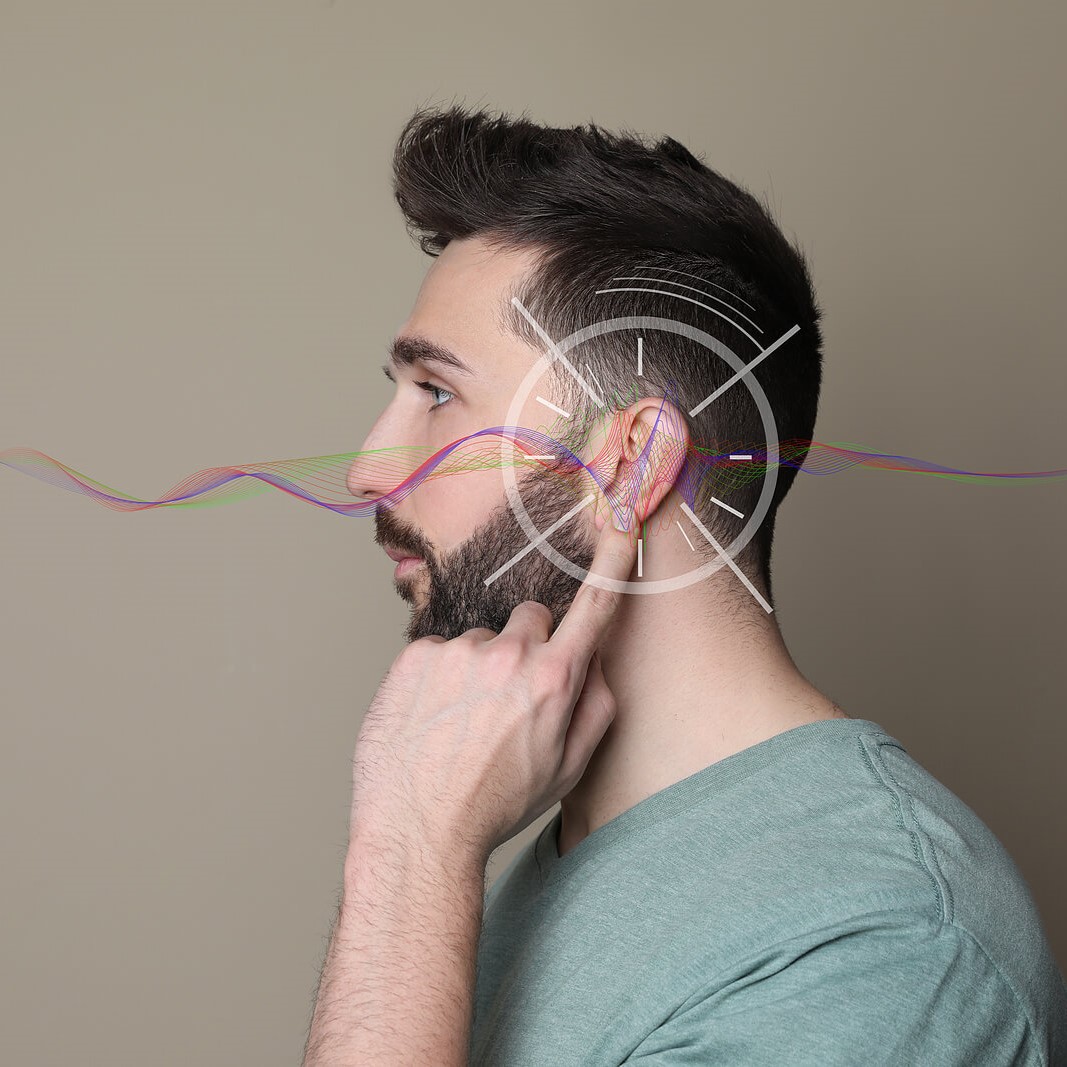Hearing Loss Overview
Hearing Loss is a medical condition that impacts over 48 million people. It is the third most common health issue. Though hearing loss is pervasive, it remains widely undertreated. Only a third of people who could benefit from treatment receive it. Untreated hearing loss has multifaceted effects that can affect everyday life. Untreated symptoms can strain communication, relationships, and social life and increase health risks.
Fortunately, there are effective ways that hearing loss is treated. Treatment offers life-changing benefits that improve hearing and enhance the quality of life. Understanding what causes hearing loss and identifying early signs can help you intervene early, which helps protect hearing health.

What causes hearing loss?
What are the common symptoms of hearing loss?
It takes an average of 7 years for people to address their hearing loss symptoms. Hearing loss typically occurs gradually, so symptoms can remain unnoticed for quite some time, leading to a delay in treatment. Recognizing the signs of hearing loss can help you intervene early. Common signs include:
- Tinnitus: a buzzing or ringing noise in the ears that only you can hear.
- Sounds are muffled or distorted.
- Struggling to keep up with conversations, especially in places with background noise (restaurants, parties, etc.).
- Lip reading to help identify individual words.
- Asking others to repeat what they said, speak louder, and/or slower.
- Finding yourself replying with “huh” or “what” often.
- Having trouble hearing while you are on the phone.
- Pretending to hear to get through a conversation.
- Turning up the volume on the TV, phone, or other electronic devices.
- Moving to a quieter space to be able to hear better.
- Being able to hear more clearly out of one ear compared to the other.
- Feeling tired or drained after conversations and social interactions.


